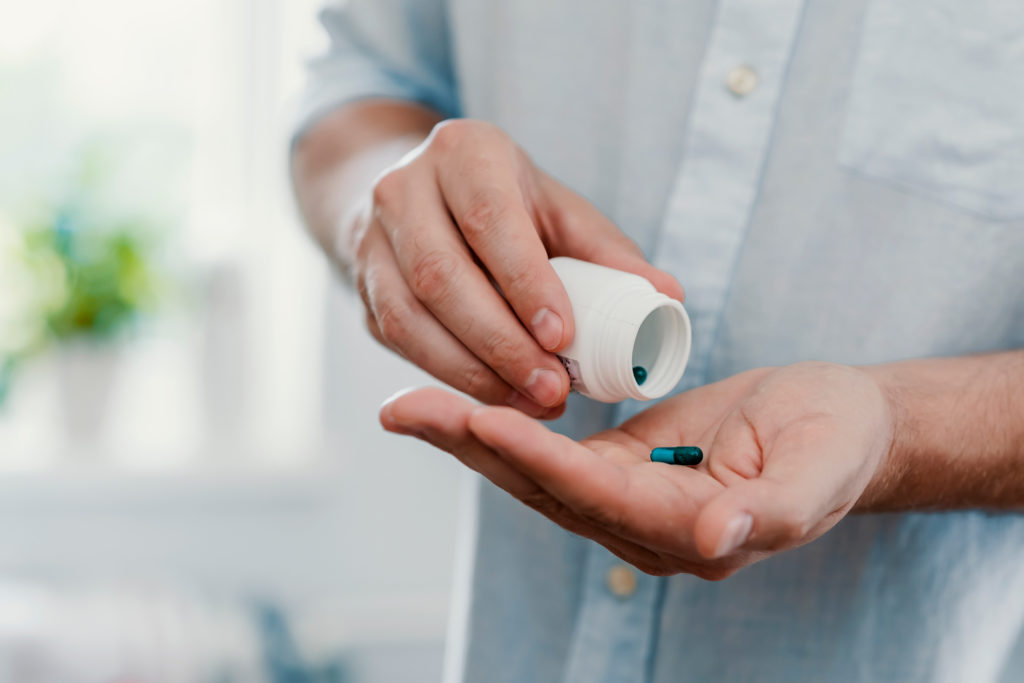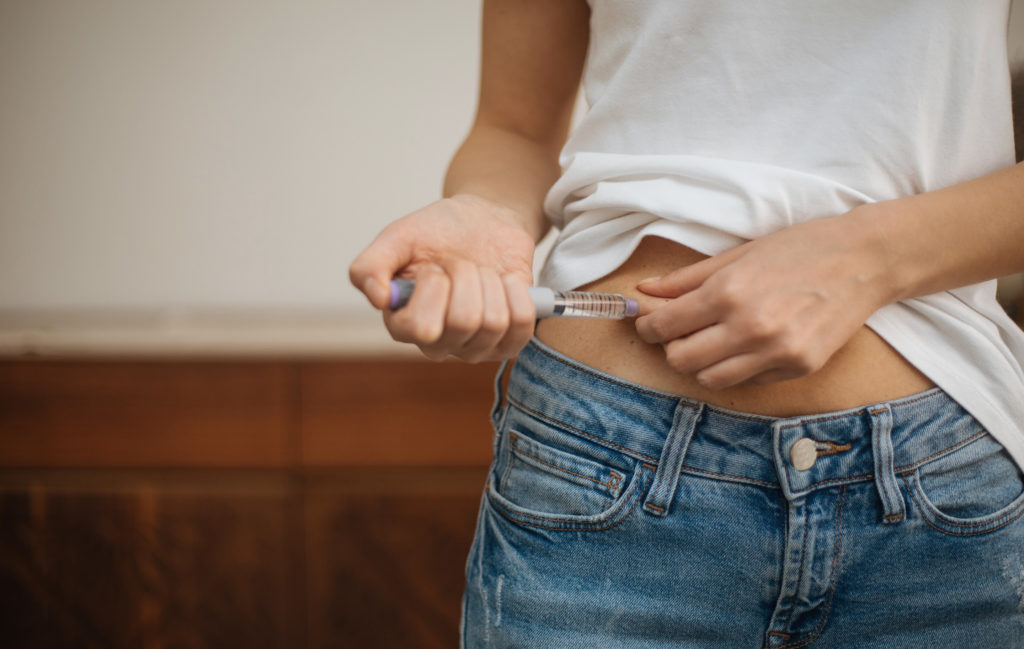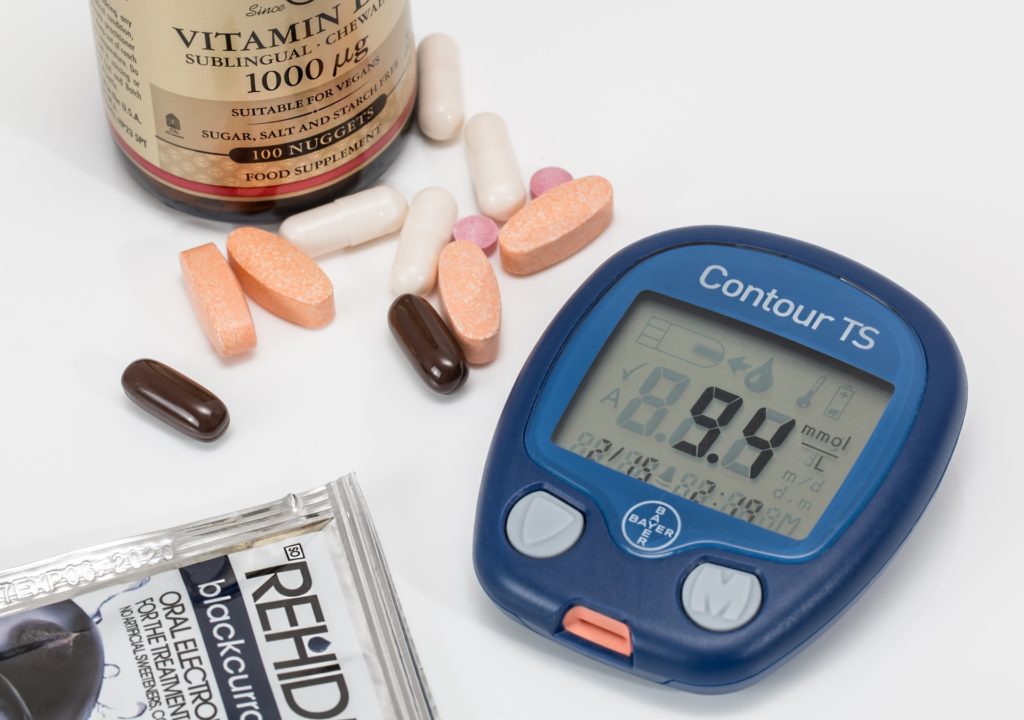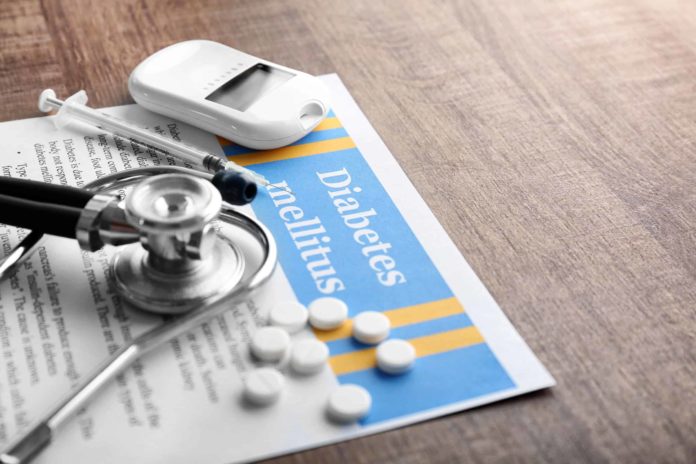Diabetes is a serious disease that affects millions of people around the world. While there is no one-size-fits-all treatment for diabetes, there are many different treatments available depending on the type of diabetes you have. This article will explore the different treatment options available to diabetes patients, and help you decide which one is best for you.
So, what are the different types of diabetes treatments available to patients?
There are several different types of diabetes treatments available to the patient. Each has its advantages, disadvantages, and uniqueness depending on your lifestyle. They can be broken down into four different categories: Oral Medications, Insulin Injections, Diabetes Supplements, and Alternative Diabetes Treatments. It is important to remember that there isn’t one treatment option that works best for all patients because each person has a different lifestyle and unique health needs.

Oral Medications
Oral diabetes drugs are medications that are taken orally, either in pill form or through liquids. Oral diabetes medications work by helping to lower blood sugar levels by increasing the amount of insulin produced by the pancreas, decreasing the absorption of carbohydrates from food, and preventing the liver from releasing too much glucose into the bloodstream.
Both types of diabetes drugs come with their own set of pros & cons that you need to consider before making a decision on which one is best for you:
Pros:
Patients who experience diabetes symptoms in between meals or while fasting can use diabetes medication to help control their blood sugar levels in these situations.
Diabetes oral drugs must be taken before each meal, and some patients may forget to take them in time if they’re busy or preoccupied. This makes diabetes oral drugs useful for people who have full schedules and find it easier to remember to take medication at exact times throughout the day than during meals.
People who have just been diagnosed with diabetes can start taking diabetes medication before insulin is introduced into the treatment plan to help control blood sugar levels since most diabetes drugs don’t require a daily injection.
Cons:
Diabetes oral drugs take time to be effective and even more time to reach peak levels in the bloodstream. This makes them not as effective for people who have unpredictable eating habits because they may experience sudden blood sugar spikes or hypoglycemia after using diabetes medications alone. This can be especially dangerous for patients who are still insulin-dependent and haven’t had their pancreas removed.
Diabetes oral drugs must be absorbed by the digestive system and therefore reach peak levels in the bloodstream at variable intervals after each dosage – this also makes diabetes drugs less effective because they aren’t around long enough to work when blood glucose levels are high. It takes a long time for diabetes medications to peak in the bloodstream, sometimes as long as 2 hours.
Diabetes oral drugs don’t last very long and can wear off before your next meal if you skip a dose accidentally or take an extra one by mistake. Diabetes oral drugs must be taken at specific times of the day and cannot be taken too close to other diabetes medications. Some diabetes drugs may even cause stomach irritation if used within 1 hour of taking another diabetes medication.

Insulin Injections
Insulin injections are diabetes medications that help diabetes patients manage their blood sugar levels by mimicking the effects of a healthy pancreas. Patients who get insulin injections need to monitor their blood sugar levels frequently because the timing, dosage, and type of insulin injection must be exactly right for it to work properly.
Diabetes Insulin Injections come with Pros & Cons too:
Pros:
Diabetes insulin injections mimic the way the body naturally produces insulin and help regulate blood sugar levels in two ways: one, by helping cells absorb glucose from food; and two, by preventing the liver from releasing excess glucose into the bloodstream. Diabetes insulins work quickly since they target these diabetes symptoms directly. Diabetes insulins also have a long-lasting effect which makes them more effective than diabetes oral drugs because they can stay in the bloodstream for up to 24 hours.
Diabetes injections help control blood sugar levels in unpredictable situations such as between meals or while fasting when diabetes oral medications fail to provide quick results. Insulin injections can be useful during times of stress and anxiety too – sudden drops in blood glucose levels are common during times of duress and diabetes injections work fast to prevent these dangerous drops from happening.
Cons:
Diabetes injections must be taken daily and cannot be skipped or forgotten without risking low blood sugar levels which lead to serious complications like seizures, heart problems, and even death. Diabetes injections also must be administered under the supervision of a medical professional and cannot be self-administered, making diabetes injections less flexible than diabetes oral drugs which can be used at any time during the day. Insulin injections work best when taken right before or after eating but can’t be taken close to other diabetes drugs like diabetes oral medications as they may interact with each other and cause serious side effects such as nausea, stomach pain, vomiting, headache, breathing problems, loss of consciousness, irregular heartbeat, etc.
Diabetes injections are not always easily available due to shortages in manufacturing and production which is why some people who need diabetes injections for treatment resort to buying syringes online with diabetes auto-injectors. These diabetes injections are usually safe and secure but can be tricky to use without proper diabetes training or medical supervision in a controlled diabetes environment. Even when bought from a reputable source, diabetes injections bought online can arrive in damaged packaging which exposes users to the risk of infection, disease, bodily harm, etc.

Diabetes Supplements
Diabetes supplements are diabetes treatments that diabetes patients take orally to help manage diabetes. Diabetes supplements usually come in the form of diabetes pills, capsules, or candy-like dissolvable strips that melt under your tongue. These diabetes treatments can be taken anytime throughout the day and function by helping cells absorb glucose from food while preventing the liver from releasing excess glucose into the bloodstream.
Most diabetes supplements also contain herbal ingredients like Ginseng, Fennel Seed Extract, Cinnamon Bark Extract, Garcinia Cambogia Fruit Extract, etc. which work synergistically with diabetes medications to provide optimal diabetes relief by addressing root causes of Diabetes problems versus just treating symptoms associated with diabetes complications.
Pros:
Diabetes supplements are diabetes treatments that diabetes patients can take orally and help control diabetes. Taking diabetes supplements is a convenient alternative to diabetes injections since they don’t require daily administrations (unlike Diabetes Insulin Injections) and can be used at any time during the day (unlike Diabetes Oral Drugs). Diabetes supplements also work quickly, provide long-lasting effects, and address root causes of diabetes problems versus just treating symptoms associated with diabetes complications.
Cons:
While most diabetes supplements have minimal side effects in general, some ingredients included in these diabetes treatments may interact with certain medications or cause serious adverse reactions especially when taken with alcohol or other drugs/medications that cause drowsiness. As such, diabetes supplements still require diabetes patient supervision to ensure that diabetes drugs are taken safely and responsibly.
Diabetes supplements may also be limited in terms of manufacturing or production, adversely affect diabetes levels when not used properly, and diabetes supplements can only help manage diabetes symptoms but cannot “cure” diabetes completely like diabetes deaths or diabetes surgery.
Alternative Diabetes Treatments
Alternative diabetes treatments are diabetes treatments that diabetes patients use in addition to diabetes oral drugs and diabetes supplements. These diabetes treatments can include things like managing stress levels, changing your diet, getting more exercise, acupuncture, and chiropractic care.
Pros:
Alternative diabetes treatments are diabetes treatments that diabetes patients can use in addition to diabetes oral drugs and diabetes supplements. These alternative diabetes treatments help manage diabetes symptoms and address some of the root causes of diabetes problems.
Cons:
Alternative diabetes treatments are not as widely available as Diabetes Oral Drugs, Diabetes Supplements, or Diabetes Injections. Some alternative diabetes treatments like acupuncture and chiropractic care may be expensive and not covered by insurance. And finally, like diabetes supplements, alternative diabetes treatments can only help manage diabetes symptoms but cannot “cure” diabetes completely.

How do doctors determine which type of diabetes treatment is best for a particular patient?
No one “best” diabetes treatment works for everyone. Diabetes treatments must be tailored to the individual based on a variety of factors like age, weight, overall health, medical history, etc. Doctors will work with patients to find the best diabetes treatment plan that meets their specific needs and helps them manage their diabetes as effectively as possible. A diabetes specialist will take into account things like:
• What diabetes type is the patient? Are they a Type 1 Diabetic or a Pre-Diabetic? Are they a Type 2 Diabetic, recently diagnosed with Diabetes, do not plan to treat their diabetes immediately, or have been living with diabetes for months or years already?
• What is the patient’s current diabetes health status? How well can they handle stress, what levels of exercise can they do, how active are they in general, etc.?
• What other medications does the patient currently take? Are diabetes treatments being combined with other diabetes medications or diabetes supplements?
• What is the patient’s age and what diabetes health concerns does the patient have right now?
• What are the patient’s long-term diabetes goals? Is diabetes treatment a short-term goal or something diabetes patients would like to focus on for Diabetes management in general?
As you can see, each of these factors plays an important role in determining which type of Diabetes treatment a patient should consider. In general, however, Type 1 Diabetics will more often utilize Ketogenic Diets, Nutrition Supplementation, Low Glycemic Index Foods/Diets, and Herbal Supplements as their preferred Diabetes Management options while Type 2 Diabetics will more often opt for Diabetes Supplements with Diabetes-friendly ingredients, Diabetes Diets with Diabetes-friendly foods, and Low Glycemic Index Diets.
What should be done if someone is not happy with their current diabetes treatment plan or if they experience any adverse effects from their medication(s)?
If someone is not happy with their current diabetes treatment plan or if they experience any adverse effects from their medication(s), they should speak to their doctor about it as soon as possible. Diabetes treatments should never be changed without a doctor’s guidance and input. Additionally, adverse effects from diabetes medications should always be reported to a healthcare professional right away.
Diabetes patients should never stop taking their diabetes medications without speaking to their doctor about it first.
Therefore, as you can see, there is no “one size fits all” diabetes treatment. Diabetes treatments must be tailored to the individual and doctors will work with patients to find the best diabetes treatment plan that meets their specific needs. Alternative diabetes treatments like acupuncture and chiropractic care may be helpful for some people, but they are not as widely available as Diabetes Oral Drugs, Diabetes Supplements, or Diabetes Injections. And finally, like diabetes supplements, alternative diabetes treatments can only help manage diabetes symptoms but cannot “cure” diabetes completely.
Thus, diabetes patients need to work closely with their doctor to find the best diabetes treatment plan for them and to make sure they are following their doctor’s instructions carefully.



